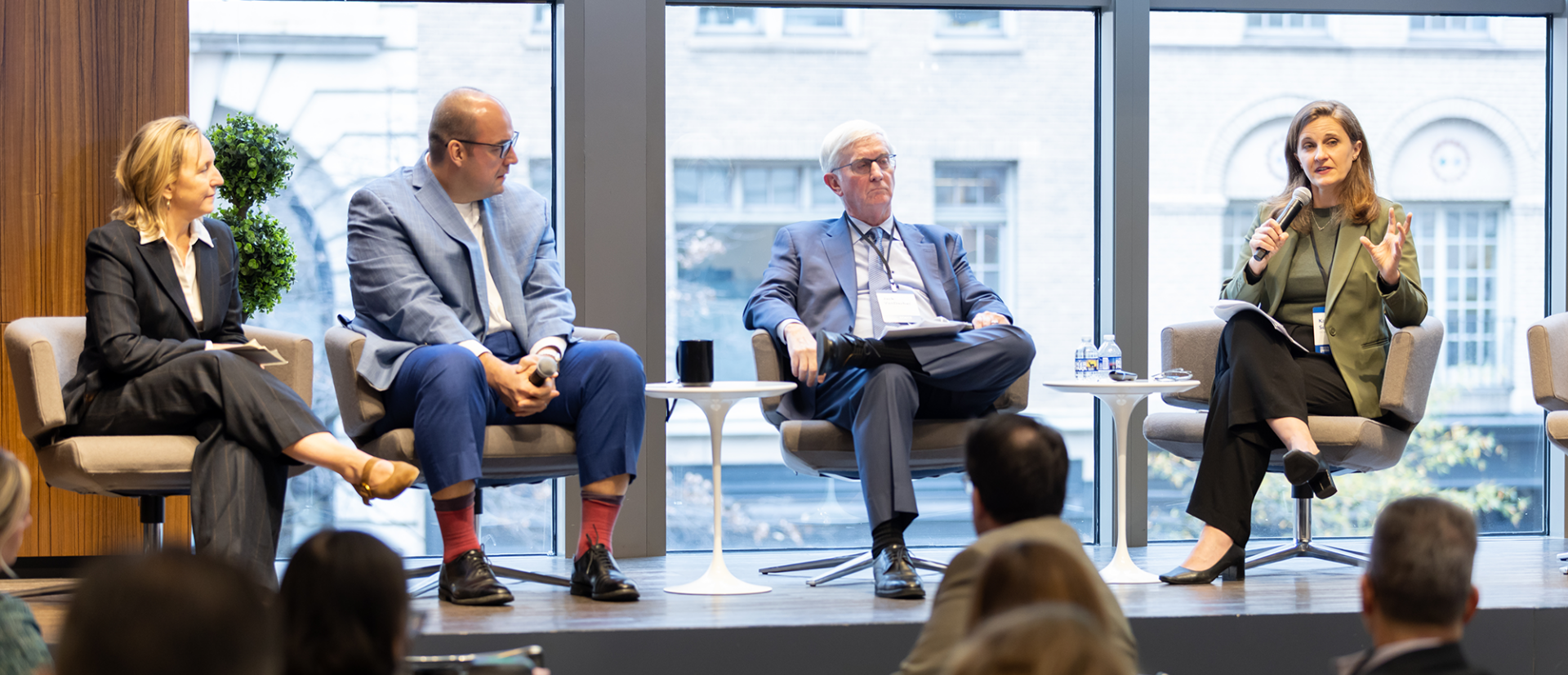Personal Finance is a Loser’s Game


My happy hour conversations rarely go into personal finance but on some rare occasions, people do like talking about investing.
And when that happens, inevitably someone shares a story about how they made a bundle on some stock pick.
It’s like trips to Vegas. People love hearing about some crazy streak you went on (good and bad!) or how you had a crazy hand or roll.
It’s not interesting to hear (or talk about) an 8.4% return over the last 10 years. (it would’ve been higher… thanks a lot international allocation!)
But if you want to the win the game of personal finance, it pays to be boring. Really boring.
You have to realize that you’re playing a Loser’s Game and act according.
Here’s what that means:
The concept of a winner’s game and a loser’s game comes from a 1973 book about tennis. In Extraordinary Tennis for the Ordinary Tennis Player by Dr. Simon Ramo, he explains the difference between the game at the amateur level and at the professional level.
I learned about his concept from an article by Charles D. Ellis titled “The Loser’s Game.” Ellis explains the two types of games on page two of a short six page article filled with gems.
The basic idea is that there are Winner’s Games and Loser’s Games.
(while this seems anecdotally true for anyone who has watched youth sports, Dr. Ramo backed it up with data and statistics)
This is true in almost all competitive games. At the amateur level, you are trying to make fewer mistakes than your opponents. At the professional levels, where the skill is much higher and errors are far fewer, you have to make exceptional plays or moves to beat them.
The article by Ellis is worth a read because he goes on to discuss how some careers have changed from Winner’s Games to Loser’s Games over the years. Also, some games change from Winner’s Games to Loser’s Games as you play (like in boxing, as fighters get tired).
I call those transition periods, when a game turns from a Loser’s Game into a Winner’s Game, Golden Hours. If you can predict and prepare for those golden hours, you can gain a huge edge.
Managing your money is a Loser’s Game in that success is more closely tied to avoiding mistakes.
You don’t need to invest in the next hot stock, you just need to invest in a low cost index fund, add to it regularly, and avoid panic withdrawals when there are corrections and recessions.
The hardest part about investing in the market and letting your returns compound for forty years is letting your returns compound for forty years.
When we are faced with danger, it triggers our fight or flight response, and over a forty year investment timeline there will be lots of dangers. (there were plenty of massive shocks if you just look back twenty years)
This isn’t limited to investing.
You probably have a job that isn’t at all related to finance or investing. Look to that as being the way you make money.
Side hustles are fun for a little extra cash but don’t take your eye off the ball. If you get fired because you’re spending too much time and attention on a side hustle, you’ve made a terrible error.
Do a good job, rise up in the ranks, make more, and don’t spend an inordinate time looking elsewhere. If you lose your job, especially if it’s because of a side hustle, that would be a huge error.
Your retirement is the bucket with the longest timeline. Like a cruise liner crossing the Atlantic, those mistakes can have massive effect.
By comparison, your emergency fund is the one with the shortest timeline. You may need it in an hour or in a week or in a year, but so many people don’t have that buffer built into their life.
Or they rely on high interest credit cards as an emergency fund but no way of paying it back quickly.
They aren’t playing defense.
Not having an emergency fund is a mistake that won’t bite you until it does. Then it’ll bite you plus double digit interest.
Complexity is another mistake.
No one needs more than a couple credit cards but if you have too many, you introduce complexity for minimal gain. Every additional credit card is one payment you could miss, which has compounding effects.
If you have multiple banks, those are accounts you can overdraw. Or other fees you might have to pay. Or at the very least, it’s much harder to keep track in your head which can add to your own feelings of stress and overwhelm.
There are plenty of examples of people who have won in money by not losing.
These are those exceptional stories of folks who worked decades at their jobs and then donated millions after their death.
These stories are everywhere. And they’re very much in the Millionaire Next Door vein.
To win at money, you just need to avoid making too many errors. You don’t need to find the next hot stock or try to hit a home run with a speculative investment, just play it slow and steady to win the race.
When you couple this with the idea of getting just 1% better, especially at your vocation, you’ll be unstoppable.

If your bills feel unmanageable, you aren’t alone. Recent reports found that 30% of people are less able to afford bills today than they...

Blog Posts Archives UnfavoriteFavorite February 20, 2026 Financial Security Program A collaboration of Aspen Institute Financial Security Program and the...

Colleges are navigating enrollment pressures, renewed federal oversight, and growing scrutiny around how families finance higher education. This week’s developments...